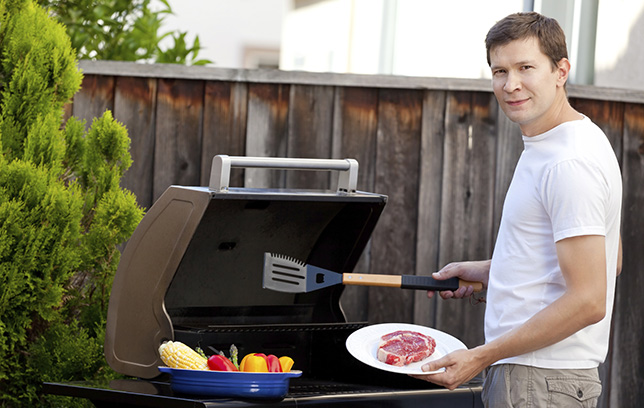Sprinting to the bathroom is normal when you’ve got a bladder that’s about to burst. But if you’re making mad dashes multiple times a day, it could spell a more serious health problem. Are you peeing too much? Here’s how to tell.
How much is too much?
Answering nature’s call 2 to 3 times a night can also be a red flag, since most people can get a regular night’s rest without having to use the bathroom at all, he says.
Uh-oh. I exceed the normal pee limit. What gives?
And while there’s not really any medical downside to frequently dashing off to the toilet, it could impact your quality of life by contributing to depression or messing with your sleep. Docs aren’t sure what exactly causes an overactive bladder, but as you get older, your risk increases.
Other potential culprits include diabetes, urinary tract infections, and an enlarged prostate. The gland pushes on your urethra—the tube you pee through—and squishes it, making your bladder need to work harder to push the urine out. This extra activity inflames the nerves, sparking that panicked feeling.
What’s more, the squishing of the urethra can cause a weak flow, which prevents you from emptying your bladder completely and makes frequent bathroom trips more likely.
Say you pee a lot, but your urine dribbles out especially slow. While that could point to an enlarged prostate, it also can signal something called a stricture, which is a buildup of scar tissue in your urethra. This could be due to previous surgery, an accident, or prior sexually transmitted infection (STI). The condition is painful, and can cause urinary retention—which, if left untreated, can damage your kidneys—so treatment with cystoscopy or surgery is often recommended.
All that stuff sounds serious. Could it be that I’m just drinking a lot during the day?
Feeling anxious or uneasy can also spark that gotta-go feeling, even if you just peed a little while ago. “Some people when they’re stressed have a nervous stomach or nervous bladder,” says Dr. Brucker. Focusing on something else to distract your mind from that feeling can help the urge pass. Using calming breathing techniques can be effective, too.
So when is it time to call my doctor?
If your frequent trips are starting to seriously impact your day, make the call. You should also ring up your doc if you feel pain while peeing or if you see blood in your urine.
Both of those symptoms can be signs of a bacterial infection of the urinary tract, or even something more serious, like bladder cancer.
What can I expect at my appointment?
Your doc might ask you to keep a log of your dietary and bathroom habits. This can help rule out anything lifestyle-related, like drinking too much caffeine.
Before your doctor diagnoses overactive bladder, he or she may need to rule out other causes first. For instance, your doc may order an ultrasound to check for something like kidney stones. Then you may be sent to a urologist for further testing.
Treatment depends on the cause of the problem: Your doc may prescribe antibiotics to fight any bacterial infection. For overactive bladder, he or she may have you try pelvic exercises like Kegels. If that doesn’t help, your doctor may prescribe meds that relax your bladder, like Vesicare, Detrol, or Ditropan.
In some cases, Botox can be used to calm your bladder and reduce the urge to go.
With successful treatment, you can improve your quality of life and reduce your non-stop toilet trips. Overactive bladder doesn’t ever really go away, but you can learn to manage it and, in some cases, eventually stop your meds.

















